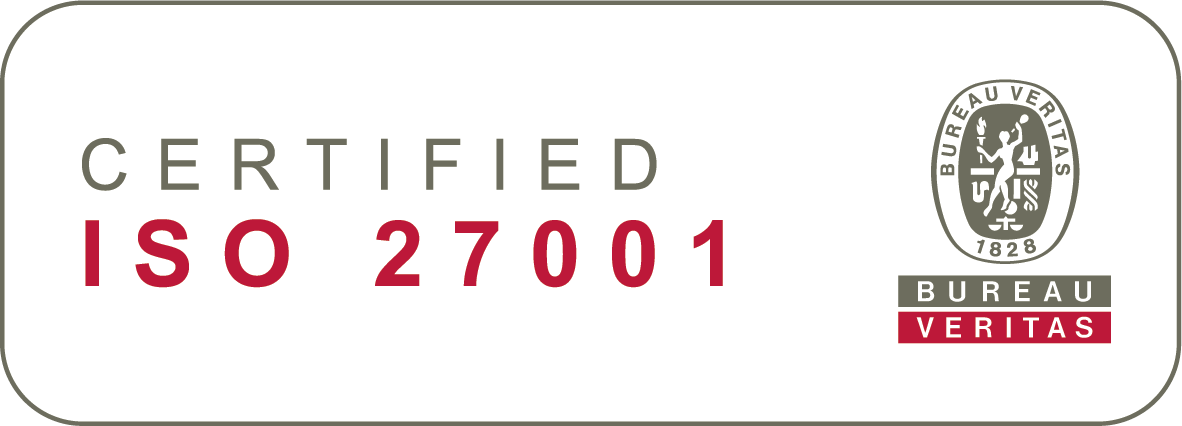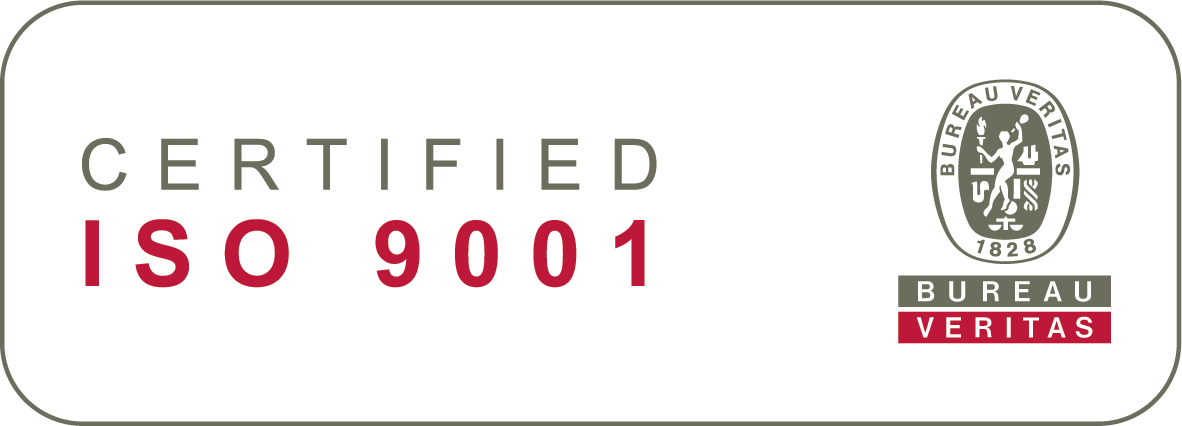Mountains of content have already written about the European Union's Corporate Sustainability Reporting Directive (CSRD), it’s ramifications for the business landscape of Europe, and the critical role HR is set to play in ensuring compliance. Yet outside of its reporting and compliance requirements, CSRD actually represents an opportunity for HR leaders to bridge the gap between people and strategy. Here, we explore how to look at CSRD metrics through a strategic lens so you can drive real organisational success and sustainability.
CSRD: a new world of sustainability reporting
CSRD represents a new era of transparency and accountability in the realm of environmental, social, and governance (ESG) reporting. It mandates comprehensive and precise standards, focusing on the double materiality principle. This principle requires organisations to consider how sustainability issues impact their operations and how their operations, in turn, impact sustainability matters.
This means HR departments are perfectly positioned to influence an organisation’s CSRD journey. This directive will extend HR's role towards shaping their organisation’s social and governance reporting, especially when it comes to the following:
- Workforce conditions and wellbeing: HR can track and report on the physical, mental, and social well-being of employees. This includes work-life balance, health and safety conditions, and employee engagement levels.
- Diversity, Equity, and Inclusion (DEI): Metrics on diversity in hiring, promotion rates, pay equity, and inclusive policies can demonstrate a company's commitment to creating an equitable work environment.
- Ethical business practices: HR can report on adherence to ethical standards, including anti-corruption policies, data privacy, and fair labor practices.
- Training and development: this highlights an organisation’s investment in its people, aligning with sustainable business growth.
An HR system as a core strategic driver
Any HR that supports these critical HR functions in alignment with CSRD will enable HR leaders to:
- Monitor and improve workforce conditions and rights
- Enhance DEI initiatives through data-driven strategies
- Ensure ethical business conduct by tracking compliance and training
- Facilitate strategic decision-making and forward planning through actionable insights
By doing so, HR leaders will finally be able to align their people strategies with broader organisational goals. On the surface, compliance and avoiding punishment may seem like the main areas of responsibility for HR. But look a little deeper, and HR, paired with the right tools and goals, will drive strategic initiatives that foster a sustainable, inclusive, and ethically sound business environment.
It’s time for HR leaders to redefine their role and position themselves at the heart for the business, the connective tissue between People and Strategy.
Which EU directives matter for HR?
Swathes of EU legislation are coming into effect in many EU member states. From compliance to competitive advantage, we've identified the key focus areas for HR professionals looking to connect people with strategy.


